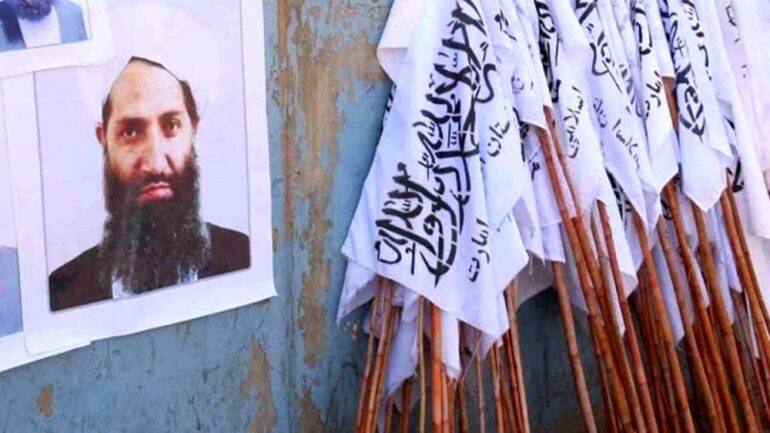 By : Khaliq Ebrahimi
By : Khaliq Ebrahimi
Translated by: Mohammad Sakhi Rezaie
Karim Khan, the ICC prosecutor, has recently announced that he was pursuing warrants for Taliban supreme spiritual leader Haibatullah Akhundzada and for Abdul Hakim Haqqani, the Taliban’s chief justice and Minister of Justice. Karim Khan said he has applied for warrants for persistent persecution and gender discrimination in Afghanistan for two senior Taliban leaders. They are two highly influential senior leaders among the ranks of the Taliban who clearly have radical religious views, and their views are inspiring to various ranks of the group. Militancy against ethnic and religious minorities and women have been promoted by Taliban over years and has changed a religious mission among the ranks of the Taliban. In such a situation, Taliban from retaking power in 2021 to now, has imposed severe restrictions on Shia religious practices, persecutes Ismaili Shia Muslims to change their faith and in some cases they have taken harsh armed measures on Sufis in Afghanistan.
However, Taliban has taken the Harshes policies on women in issuing verdicts against women, women education, employment, and travel ban, forming field courts, torturing and sentencing women are things that are now on the table of the prosecutors of the International Criminal Court, and based on that, the request for the issuance of an arrest warrant has been applied for. Karim Khan’s application for warrant and charging Taliban with “Gender based discrimination and persecution has visible and hidden aspects for this group that has been discussed in this article.
The request to issue an arrest warrant for the absent leader of the Taliban group and their minister of justice for the crime of “harassment and gender discrimination” is probably unprecedented in the world. In another word, The Taliban group and especially their leader has restricted women by their verdicts more than any other totalitarian regime. Because, in today’s world no government and ruler who openly applies gender apartheid against women and deny half of the population of the country of all their basic human rights and dignity and takes back the country to dark ages. It is clear, if Taliban succeeds to implement its restriction policies on women, then the group will aim the modern signs and human spirituality and it only sacrifices the people of Afghanistan and there is no good ending for it.
2) Afghanistan’s history is full of terrifying crimes and none of them has been addressed and even the criminals may have been appraised in the country. And they have remained unknow in abroad due to lack of information about the realities of Afghanistan and the black pages of the history of the country. From monarchy governments to democratic republics, and Islamic government and now the Taliban government, horrible crimes against humanity have occurred repeatedly but for the first time, a regressive Islamic group called the Taliban, who have ethnic Pashtun origins, are accused of “harassment and gender discrimination” and are being prosecuted. The ethnic origin of the Taliban leaders matters for the tribal culture of Pashtun community of Afghanistan and their limited and radical education in religious schools have nourished the anti-women thought of the Taliban leaders and has influenced them. Although most of the Afghan rulers, from Monarchy governments to republic governments, have been Pashtun but many of them were from Kabul and many of them were strangers to Pashtu language and culture. Contrary to this, Taliban leaders, especially these two are charged with gender-based discrimination, and rural background of Pashtun tribes of Kandahar who aim to change Kabul, Balkh, and Bamyan and Herat to Kandahar: Cities without women, art, and voice and media.
3) Karim Khan’s statement and his request for arrest warrants for two Taliban leaders on charges of gender persecution, is a positive step for gender apartheid recognition in Afghanistan but it is not enough. From the point of view of lawyers and human rights activists, the Taliban group is also accused of committing “genocide” (the mother of crimes). The Taliban group whether in its first round or its second, has committed human rights crimes against ethnic minority groups and especially Hazara people that all of them bear clear signs of genocide. The massacre of Balkh Hazaras was carried out from 7th to 10th August 1998, by the order of Mullah Niazi, the Taliban governor for Balkh province, who issued permission to Taliban militants to kill Hazaras for three days using the tribune of the mosque.
Following this horrific crime, Taliban took out Hazara men out of their homes by forces, gathered them, and shot them ingroups in Yakawlang district, Bmayan. Taliban imposed economic sanctions on Hazarajat, provinces where mostly Hazaras live, in order to make them leave there and finally destroyed Bamyan Statues to eliminate Hazaras historically and culturally. After retaking power, Taliban has continued its discriminatory policies through imposing restrictions, heavy taxes, grabbing Hazaras’ lands and blackmail. In other words, Taliban is continuing its genocide project against Hazara people. Interviews of the Silk Way with Hazara women imprisoned by Taliban show they have been sentenced and tortured for being Hazara while committing no other crime. Despite the extensive and longtime litigation of Hazara civil activists regarding the recognition of the “Hazara Genocide”, and its prevention, it seems that ICC does not want to listen to this voice of Hazara people.


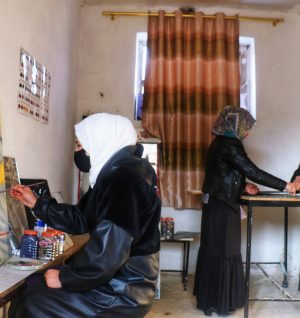
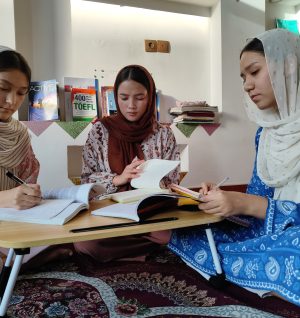
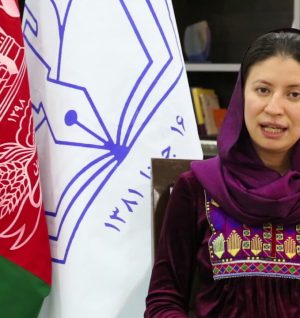
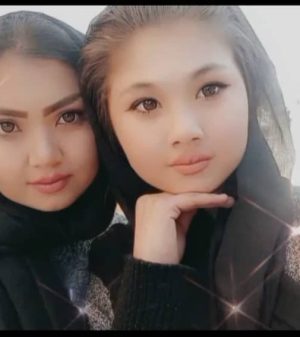
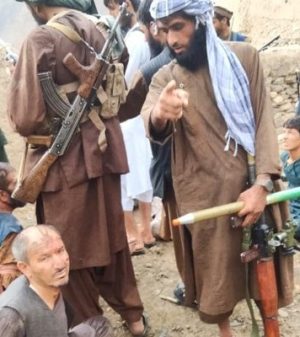
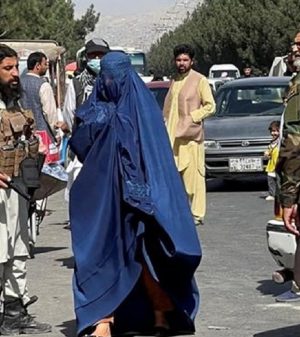
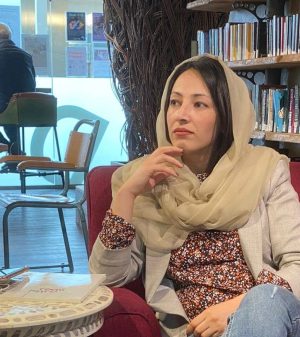
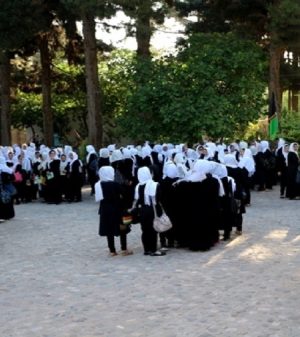
Add Comment